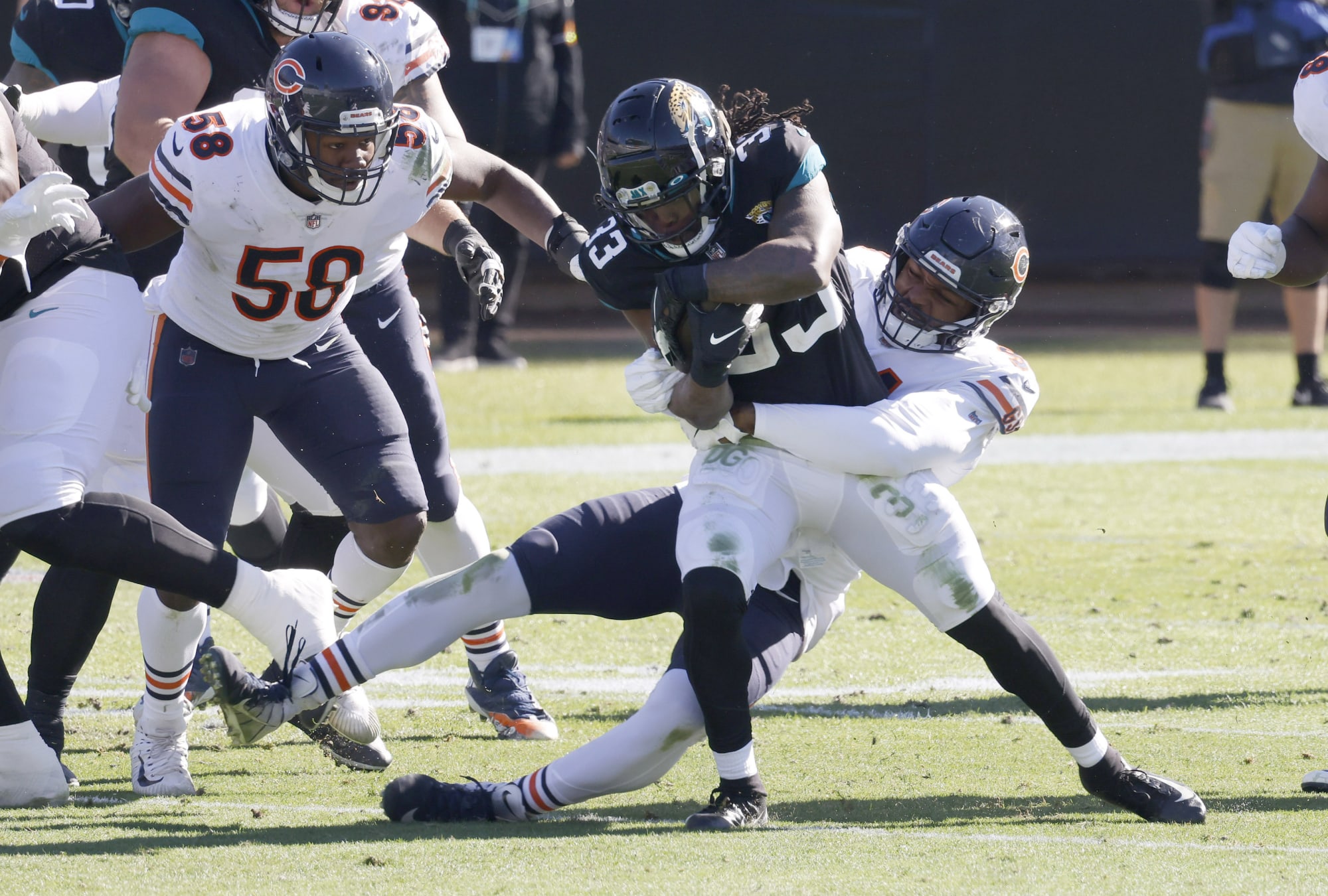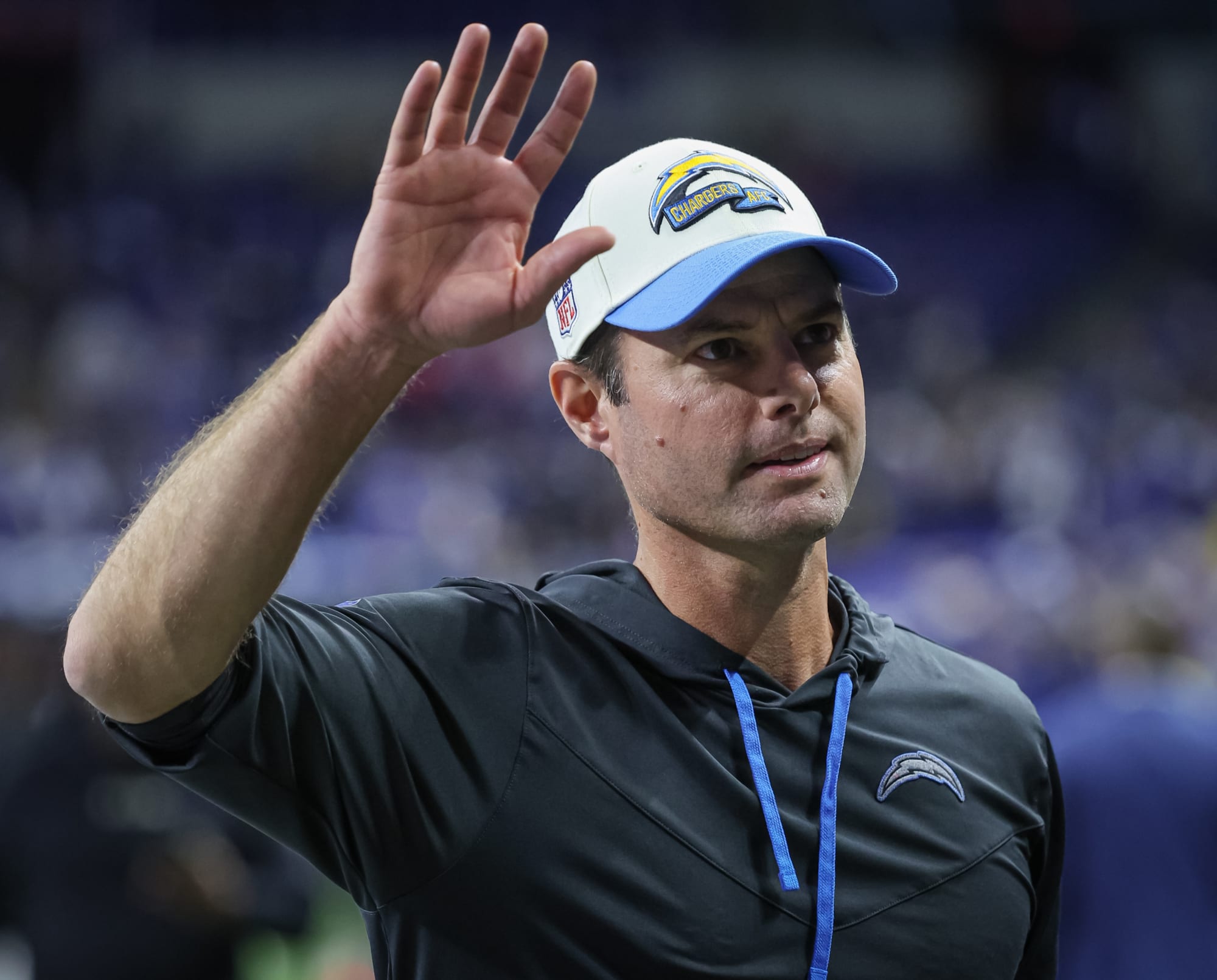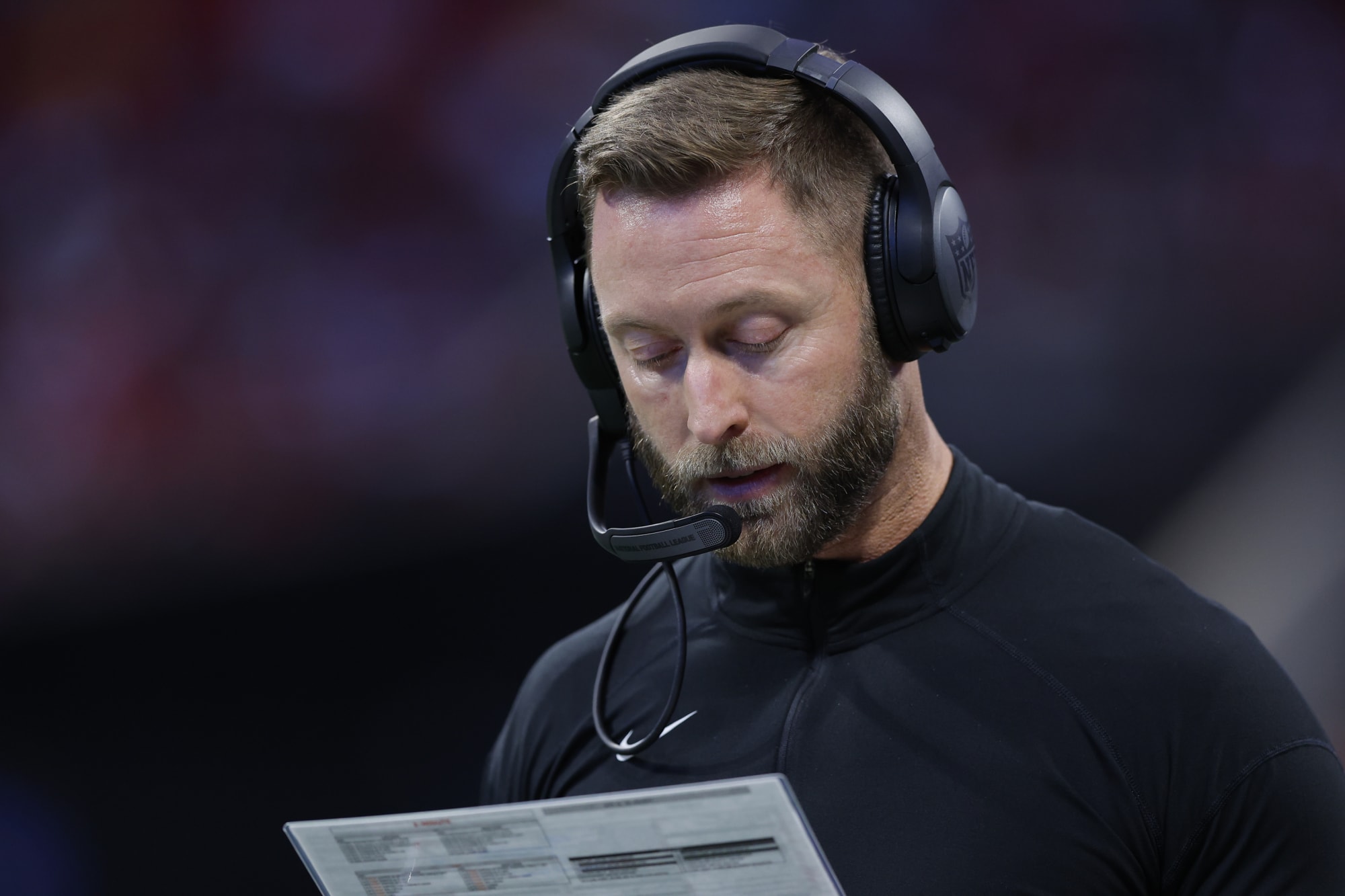If NFL won’t respect RBs, eliminate the position
There is a growing sentiment among the NFL fraternity of running backs that they are outliving their usefulness in the eyes of the powers that be.
One player who made that argument is retired New York Giants running back Brandon Jacobs.
Running backs are needed. No position on the field is better. Your most explosive players by far. If the NFL won’t respect them get rid of the position.
— Brandon Jacobs (@BrandonJacobs27) July 18, 2023
As the deadline for franchise-tagged players to sign long-term contracts expired Monday, three superstar backs — Saquon Barkley of the New York Giants, Dallas’ Tony Pollard and last year’s NFL rushing leader, Josh Jacobs of the Las Vegas Raiders — did not reach agreements with their current teams, meaning they will have to play for the one-year franchise tender price of $10.1 million this year.
Very few fans feel sorry for any of them. $10.1 million — fully guaranteed, mind you — is not chicken feed by any means. But the trend is nothing new. It is consistent with the league’s attitude towards the position.
This offseason, the bottom fell out of the running back market in free agency to the point where even the most productive backs were being undervalued. Teams are simply leaning towards the ‘running back by committee’ approach.
Anyone who is tuned into the NFL knows this. Teams are winning with this approach. Ask Kansas City, New England, Buffalo, the Rams, and Philadelphia. They have all proved that you don’t need a ‘bell cow’ back to win.
Running backs are fighting back, but appear to have little leverage.
At this point , just take the RB position out the game then . The ones that want to be great & work as hard as they can to give their all to an organization , just seems like it don’t even matter . I’m with every RB that’s fighting to get what they deserve . https://t.co/OgvBWZCKvn
— Derrick Henry (@KingHenry_2) July 17, 2023
The grave facts are that running backs are more susceptible to injury and have a very short career prime as opposed to the other offensive skill positions. There’s no denying it.
Running backs’ best years are usually their first four, which incidentally, is the length of a rookie contract. Backs earning a second contract from the team that drafted them is becoming more rare.
The case of Dallas’ Ezekiel Elliott is pointed to as the test case. Elliott was inked to a six-year, $90 million deal by the Cowboys three years into his career. Many panned the move as an excessive overpay for a running back by the Cowboys.
Teams are no longer making these long-term commitments to running backs. It’s unfortunate for them, but the game — and the business — are changing.
Check out our Latest News and Follow us at Facebook
Original Source







